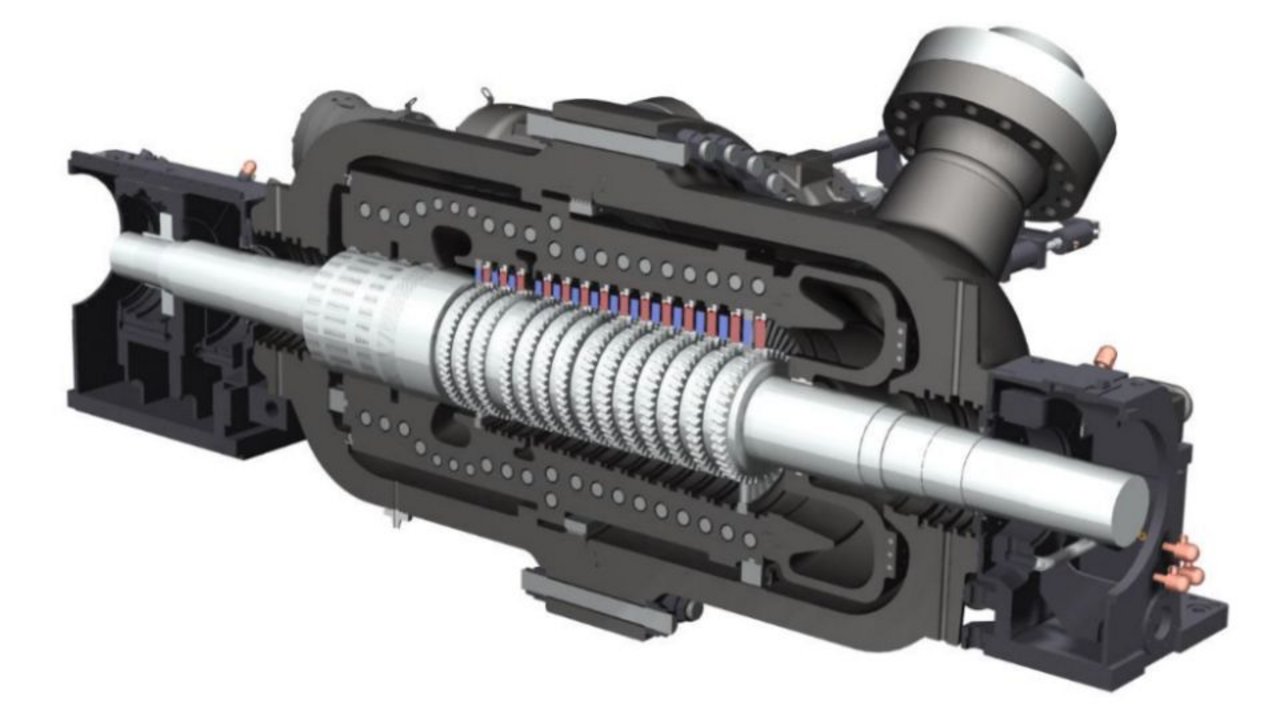SCARABEUS: thermodynamic solar reduces energy costs
An advanced power cycle that improves the conversion of heat into electricity, significantly reducing costs. Here is the result of the Horizon 2020 SCARABEUS project, coordinated by the Politecnico di Milano, Department of Energy, and launched in April 2019, which has successfully achieved its objectives and has officially ended.
The key innovation of the project is the adoption of an innovative working fluid based on carbon dioxide mixed with specific additives, which improves the efficiency of the thermodynamic cycle and allows condensation at high temperatures up to 60°C, making the cycle suitable for CSP (Concentrated Solar Power) applications.
SCARABEUS has made it possible to lower the cost of electricity produced by concentrated solar power plants to less than 90 €/MWh, compared to 120 €/MWh of current technologies. We have achieved these results by improving the efficiency of power cycles by 10% and developing innovative components at reduced costs.
Giampaolo Manzolini, coordinator of the project and professor at the Department of Energy
The new fluid was tested in a 200 kW circuit at the Technische Universität Vienna, confirming its potential in terms of performance. It also demonstrated the superior performance of the heat exchangers developed within the project, paving the way for a more competitive future for thermodynamic solar energy.
The project, in addition to the Politecnico di Milano, involved the Universidad de Sevilla, City - University of London, the Technische Universität of Vienna and the University of Brescia, the companies Baker Hughes, Coxabengoa, Kelvion and Quantis.

